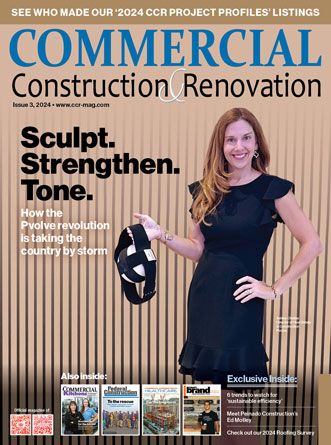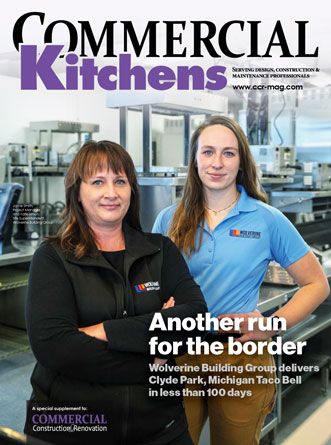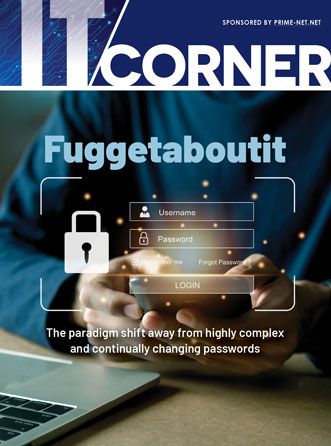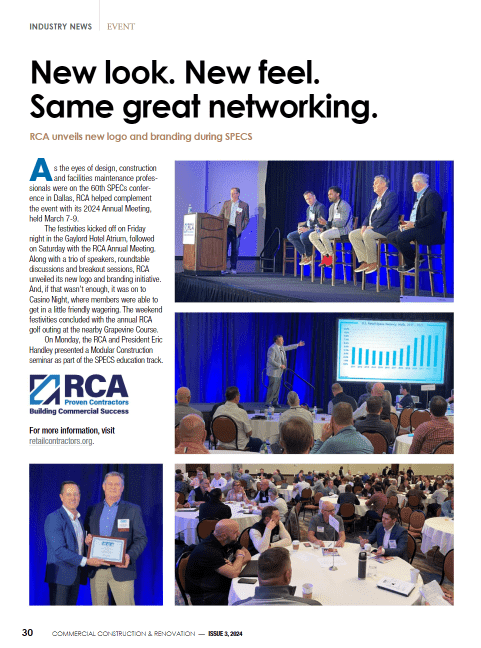 As many of you may or may not be aware, in the background since 1992 there became a law, as supported by the Supreme Court decision of “Quill versus North Dakota” that basically assured that mail order companies such as Wayfair, Overstock and others did not have to collect state sales taxes for the purchase made by the consumer and shipped to them in their state, unless they had a retail store there, i.e., Sears, Wards and JCPenney.
As many of you may or may not be aware, in the background since 1992 there became a law, as supported by the Supreme Court decision of “Quill versus North Dakota” that basically assured that mail order companies such as Wayfair, Overstock and others did not have to collect state sales taxes for the purchase made by the consumer and shipped to them in their state, unless they had a retail store there, i.e., Sears, Wards and JCPenney.
When this law was created the industry did not see a relevance or need as the “market” was very small as a percentage of total retail dollars spent, and the collection was considered fairly burdensome.
Also at the time, a few of these companies, as just named, had a fairly large brick and mortar footprint that the average customer shopped in regularly, again, think Sears, Wards, JCPenney which were not impacted or wouldn’t benefit from the law. In addition, when the law was enacted the internet was not even referenced only the “goliath” mail order business.
Fast forward to today, when brick and mortar retail sales are contracting amid the advancement and sophistication of ecommerce and on-line shopping, whether it is through mail-order catalogs or companies such as Wayfair, Overstock and others who really only have a virtual presence. The “goliath” of 1992 has now given way to the e-commerce leviathan.
Here is what we know:
- When the law was enacted the “mail order” segment was $180 Billion
- Today online sales are roughly $6 Trillion
- When the law was enacted, the physical presence clause gave mail-order a sales advantage because their offered price is lower when they did not have to collect the tax
- This lost tax revenue was still to be collected, but the burden was on the consumer who rarely if ever pays
- Quill’s reasoning and these advertisements conflate two distinct concepts: retailers’ obligation to collect sales taxes and customers’ obligation to pay sales taxes.
- Main Street retailers suffered the loss, and so did local communities without the collection of the tax
- When it was decided, it was infeasible for States to identify customers of absentee retailers, and the amount of lost sales taxes— while large—was not yet the “extreme harm” now depriving States of their ability to fund their “education systems, healthcare services, and infrastructure.”
- Amazon as an early entrant located their facilities in remote areas vs. heavily populated areas so that their tax imposed did not affect their sales price in major markets- hence trounced Barnes and Noble with a price advantage, such as the Bronx store in NYC as the first Amazon casualty
- Amazon of today NOW DOES collect and subsequently pay sales tax on its purchases- but only recently
- The premises and promises of the physical presence requirement has not held true
Quill assumed that: If absentee retail (then, mail-order) lost its tax shelter, it would not thrive; if a retailer was not physically present in a State, it would not be persistently active there; if absentee retailers were not required to collect taxes, their sales would be “tax exempt”; and if an absentee retailer were required to collect sales taxes, the burden would be onerous. - Indeed, retailers hesitate to expand into new states fearing—as Respondent Overstock.com puts it—that it is not “worth the cost of additional sales tax burden to open a new facility in [a new] state.”
- Under further consideration by the Court today we have the following arguments- e-commerce is huge and robust and does not need a tax shelter; e-commerce is omnipresent even without a physical footprint; sales/use taxes are owed regardless of whether they are collected at the point of sale; collecting sales/use taxes online is straightforward.
- In 1992 only 2 percent of American households had internet access, today that number is 89 percent
- Amazon’s capitalization is greater than Walmart, Target, and Costco combined
- In 1995, three years after Quill was decided, Newsweek (still a print publication) scoffed at the notion that “e-commerce and business will shift from offices and malls to networks and modems” and declared that a “local mall does more business in an afternoon than the entire Internet handles in a month.”
- Three years later, Nobel Prize-winning economist Paul Krugman declared that “[b]y 2005 or so, it will become clear that the Internet’s impact on the economy has been no greater than the fax machine.”
- Now, let’s consider how some companies have responded to the re-opening of the case: e-commerce “is here to stay,” as Respondent Overstock.com puts it.
- Many of the businesses represented in the current case operate successful online stores (as well as brick-and-mortar stores), and those online stores collect sales taxes, and speak from experience when they say that collecting sales taxes online is not a crippling burden.
- If e-commerce success required an exemption from sales tax collections, Wal-Mart would not be expanding its online portal and offering free second-day delivery without any membership fee.
- Over the course of decades, conventional retailers have invested billions of dollars to literally build up local communities, only to discover that this footprint carries a significant competitive tax disadvantage when it comes to retail sales, whether in their own stores or via their online portals.
So, what does it mean to states when they can start collecting the sales taxes owed, currently estimated at $8-13 Billion Annually? Will it go into the general fund, can it help support schools, infrastructure, or?
What will the landscape look like for construction, our industry? Consider this:
- As Amazon’s practices confirm, warehouses and distribution centers will be moved closer to population centers, reducing delivery times and cost.
- In fact, some absentee retailers might even decide to join the local community and open a store on Main Street, as Amazon has, or will it be in a mall near you?
So, in conclusion, consider supporting the following organizations who have enjoined in the current Supreme Court case:
- The Retail Litigation Center
- National Retail Federation
- American Specialty Toy Retailing Association
- The American Lighting Association
- The American Supply Association
- The American Veterinary Medical Association
- Auto Care Association
- Council of State Retail Associations
- Food Industry Association Executives
- Home furnishings
- Independent Office Products and Furniture Dealers Association
- Jewelers of America
- National Association of College Stores
- National Grocers Association
- National Association of Electrical Distributors
- National Association of Wholesaler- Distributors
- National Ski and Snowboard Retailers Association
- National Sporting Goods Association
- North American Retail Hardware Association
- Outdoor Industry Association
- Running Industry Association
- The retail industry leaders
Should we add the RCA to the list, and send emails and make phone calls to our congressmen and women to support this rallying cry?










 The 2024 virtual Men’s Round Table will be held Q4, 2024, date TBD.
The 2024 virtual Men’s Round Table will be held Q4, 2024, date TBD.











